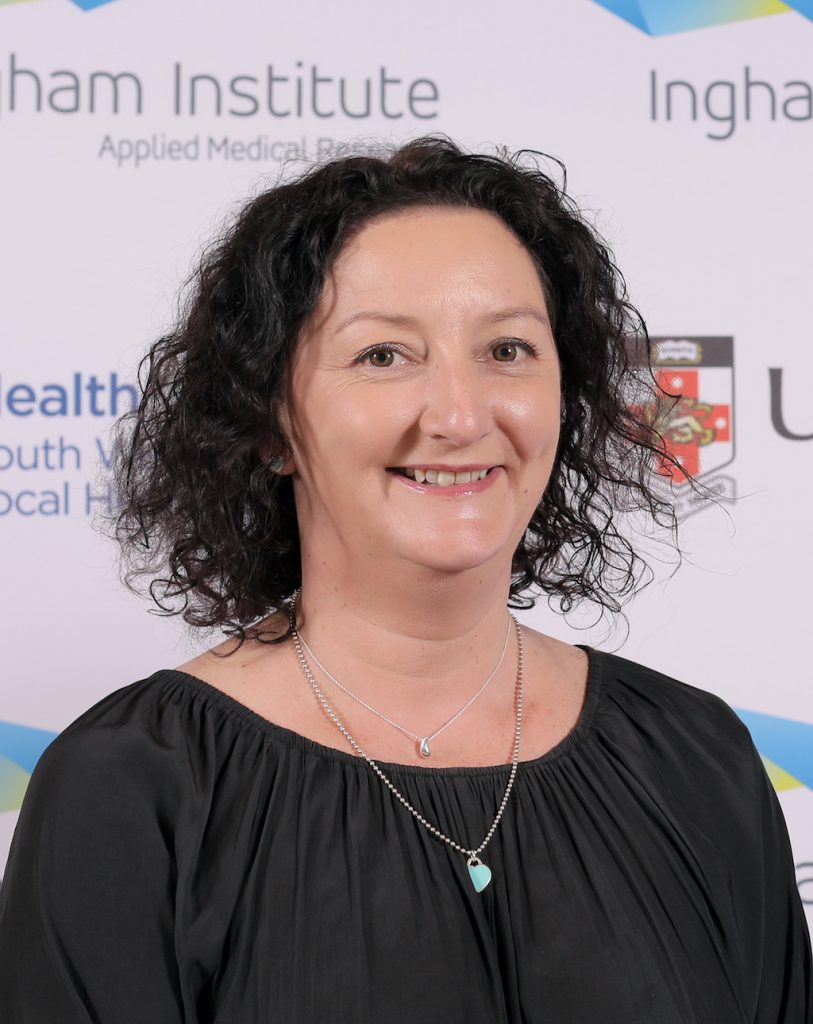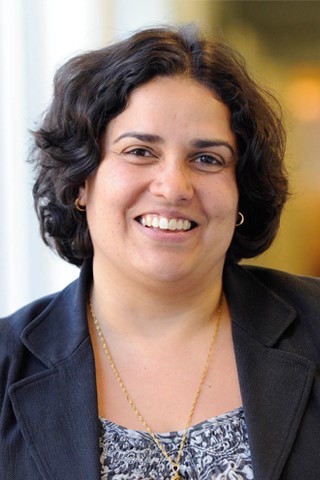“I’ve always thought that it would be good to take a simple pill rather than an injection if your life has been turned upside down by cancer. We found that in laboratory trials that the compound “c2” not only shrinks tumours but can cause them to disappear completely. We are hopeful that c2 will be of benefit to patients with prostate cancer, and this initial clinical trial is an important step along this path to save lives.”
A/Prof Kieran Scott has successfully tested a compound known as c2, that he has been researching for the past 15 years, within the highly specialised Phase 1 Trials Unit at Liverpool Hospital.
The trial was tested on advanced prostate cancer patients, where standard therapy had failed.
Patients were split into four cohorts and given single capsules with different dosages of c2, to be taken while being closely monitored in the trials unit. Halfway through the trial, patients were given dosages of c2 to be taken at home daily for the remainder of the study. At the conclusion of the trial, patients did not record any serious adverse events.
Following this successful, initial trial, Prof Scott and the Clinical Trial team need supporters to invest in a bigger trial to determine what (higher) doses might be most effective in patients and to determine which patients would benefit the most.





